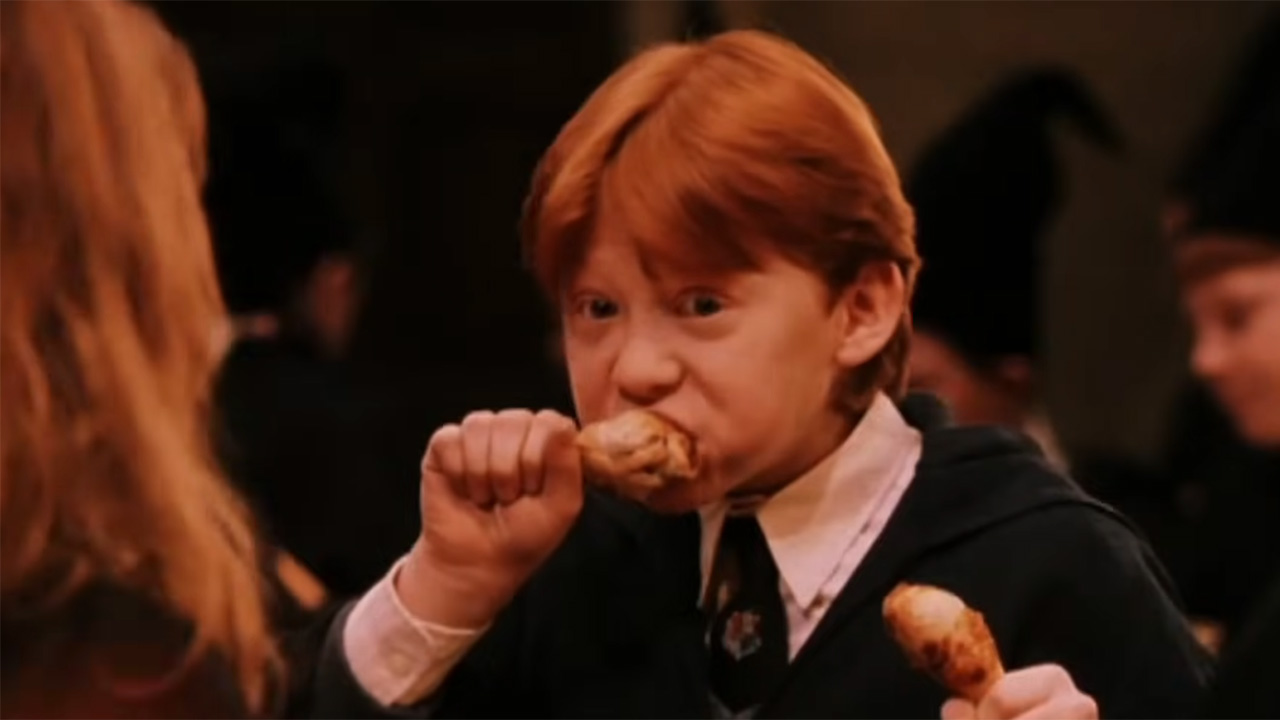Dying Light Interview: Roger Craig Smith On Voicing The Game
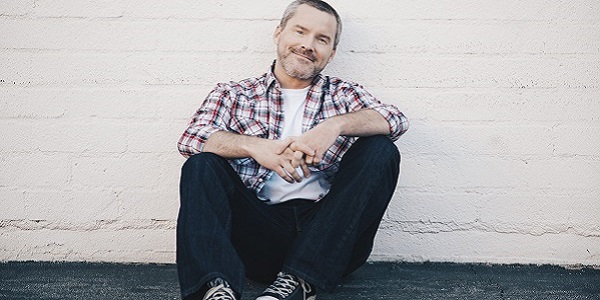
In Dying Light, undercover operative Kyle Crane is dropped into the zombie-infested city of Harran, where he must work with warring groups of survivors in order to gain an edge over the undead masses while simultaneously fulfilling his own secret objectives. It’s a role that requires a voice actor to wear a lot of different hats, and one that Roger Craig Smith was happy to undertake.
The city of Harran is a veritable sandbox overflowing with groups of more peaceful survivors struggling to coexist with those who are not afraid to simply take what they need and kill anyone who stands in their way. On the fringes, Kyle Crane runs across a motley crew of support characters, from zany twin scientists to a journalist, frightened citizens and a few folks who just might be certifiably insane. To play his role, Crane must become a savior to some and a thug for hire to others.
Roger Craig Smith has voiced quite a few popular characters in recent years, including Captain America in Avengers Assemble, Thomas the Intern in The Regular Show, Batman in Arkham Origins and the new animated film, Batman Unlimited: Animal Instincts, as well as Chris Redfield in Resident Evil and Ezio Auditore in Assassin’s Creed. Most recently, Smith leant his voice to Dying Light’s Kyle Crane.
Quick to humor and clearly excited to talk about the project, Gaming Blend recently had a chat with Smith concerning his portrayal of Crane, as well as his career as a voice actor.
GAMING BLEND (GB): So, Dying Light…How does one come to voice a character like Kyle Crane? Was there an audition or did they come to you directly?
ROGER CRAIG SMITH (RCS): Bribery is the route I usually go with. It’s a pay to play kind of thing. Physical intimidation can also work, but I’m only 5’5”, so that doesn’t really work very well. No, I wish there was something more exotic to answering that question other than just a basic audition…You go in and you see a lot of the usual suspects there, then you go in and you audition. If they like what you did in that initial audition, then you have call back audition where they narrow down some of their choices and spend a little more time with you in the booth. Then hopefully you get the call that they’re booking you.
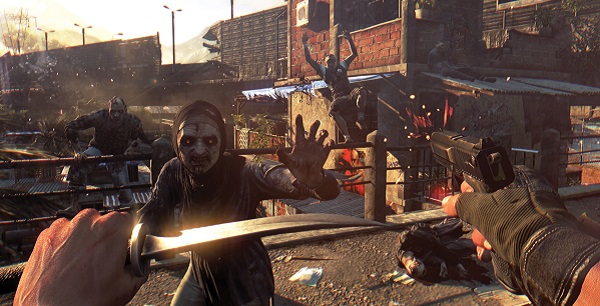
GB: So, you said “the usual suspects.” Nowadays, does that mean you beat out Kevin Spacey for the role?
Your Daily Blend of Entertainment News
RCS: Of course. Yes. I beat out Kevin Spacey all the time. I question why he’s even getting involved. I mean, come on, you’ve got to have acting chops to do what I do. I’ve got hopes for the new guy but— *laughter* No, I’m not seeing Kevin Spacey at my auditions, let’s just put it that way.
GB: So what did you know about the character [Kyle Crane] before the audition?
RCS: That varies from audition to audition. For this one, I don’t think they told me too much about the character because they wanted to wait to give me some of that backstory until we got into some of the sessions. Sometimes they won’t tell you because they want it to be organic and natural. Very typically, they give you a loose interpretation of what they think the character might be, and it’s usually very actable specs, like ‘He’s 30 but sounds 50,’ or he’s not too aggressive, or even-mannered. They try to give you things from a vocal perspective that help you narrow in on what they might want. With Kyle Crane, I think it was that he’s sort of an average Joe, but he does have to play a few sides, but inherently he wants to do the right thing.
GB: So what was the recording process like for Dying Light?:
RCS: It was just me by myself the entire time. One of the very early sessions, they had me feeding lines to Suraj Partha (Rahim) to try and establish a sort of flow to some of the scenes…But all straight VO games would have the actors isolated so they can take the performance and plug it in. Inherently, I think that’s why sometimes you have a slight feeling of ‘this is a little different than if it was a natural on-camera environment where you see characters interacting with one another.’ In my opinion, it’s also part of the charm, the escapism that video games provide that it reminds you that it’s not live action.
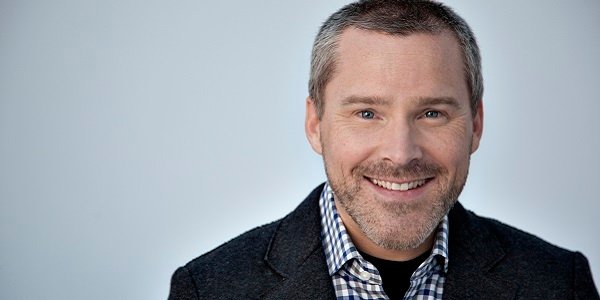
GB: So did you get to ad lib much or was your performance mostly based on the script?
RCS: It really depends on the developer and who is directing. Sometimes they don’t want you to ad lib at all and sometimes they love the ad libbing. In this instance, every now and then, we felt the script had some areas where there was a bit of creative cursing that felt a bit excessive. Or, from a Western perspective, there were areas where I said, you know what, I don’t think Kyle Crane would have said that, so why don’t we modify that a little bit. I try to ride the fine line where I realize I don’t own this character…I didn’t write this dialogue and this is not my game. I’m getting to come in and sort of rent the character from very creative people who have created this entire universe, and I’m very, very lucky that I get to come in and hopefully help them out in this process. If they’ve written a line of dialogue and have decided that’s how they want it to be, then I’m going to try my best to deliver what it is that they’ve written.
GB: Is there a line of dialogue or a scene in Dying Light that you really had a good time recording?
RCS: Some of the little side missions, where Kyle had to do some of the Mafioso shakedowns of the townsfolk. He had to basically threaten to break an old man’s legs because he was playing the part of this guy while trying to infiltrate Rais’ camp. We had a lot of fun with the little comments Kyle would say afterwards…One of the things I really like about Dying Light is that it didn’t try to be this uuber heroic, sort of super hero type of guy, so it was fun to have Kyle have those moments after he did something that made him feel morally guilty, make a comment like ‘Well, I’m going to hell after that.’
GB: I’m going to just assume that you haven’t trained with the Navy Seals so, imagine you have been dropped into the same situation Kyle was. What’s your mode of survival? How do you react?
RCS: First off, how dare you. I went to film school, which is probably just as tough as the Seal training program. So, I would run and I would try to wear something that’s moisture wicking, because I would probably be relieving myself uncontrollably, and I don’t think a diaper would do it. I would not do well in Dying Light, as an individual. And I think that all of the time while playing the game. I’m sitting here passively experiencing it and I get goosebumps when the zombies are on you. The sounds of the zombies themselves are so scary...If this was the real thing, I would not do well. I’d be frozen with fear.
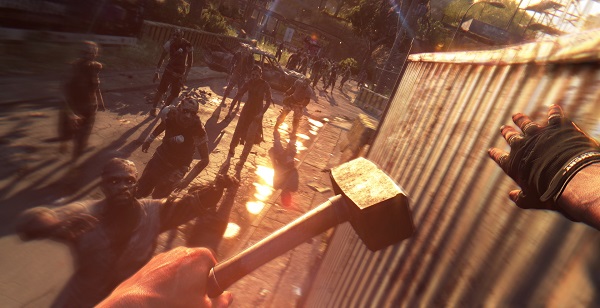
GB: So you’ve been playing the game? What would be your zombie-slaying weapon of choice while trying to get as far away from them as possible?
RCS: My tactic tends to be firecrackers and Molotovs. Everyone likes a good barbeque and nothing is more gratifying than throwing firecrackers, watching them go sort of mindlessly toward that, and then throwing a Molotov into it. I like the police rifle from time to time. There’s nothing better than sitting right next to your safe zone and popping these zombies in the head, especially if you get to do it with some of the Nightcrawlers and then step back into the safe zone.
GB: Some of our readers are interested in the job of voice acting. What brings you back to it time and time again?
RCS: If acting is make believe, then this is the ultimate form of make believe. Most people have a memory of being a kid and seeing an animated film, or a cartoon, and thought man, it would be fun to be this character. And here you are as an adult getting to go in and getting to do something that eventually becomes this fantastical character. The work itself is never work. It’s a blast, and there’s a tremendous sense of gratification getting to hear or see something you participated in that comes to life. And you get to be around some of the funniest, most talented and some of the hardest working people you’ll get a chance to meet. It’s surreal. When I’m in the booth, I’m always thinking how the heck did I get here and when are they going to find out that I don’t know what I’m doing and I don’t deserve to be here? It really is as much fun as it looks.
GB: So what’s the number one piece of advice you would give to aspiring voice actors?
RCS: I’ve given so many random answers to this question because it’s the impossible question to answer. Understand that this is a business and you are in business for yourself. You can read all the books and take all of the classes that you want, but the simple fact is that if you have the drive, tenacity, talent and desire to make this happen for yourself, then you’re going to be the person who finds a way to make it happen. There is no specific path. You’re going to go out there and create a voice acting career that is vastly different than mine because you are vastly different than I am. Pare it down to ‘what can I do today to get me one step closer to being behind a voice acting mike?’ Before you know it, you’ll look back and go, holy cow, I’m voice acting now.
Photo credit: Richard Wright Photography.
Staff Writer for CinemaBlend.

